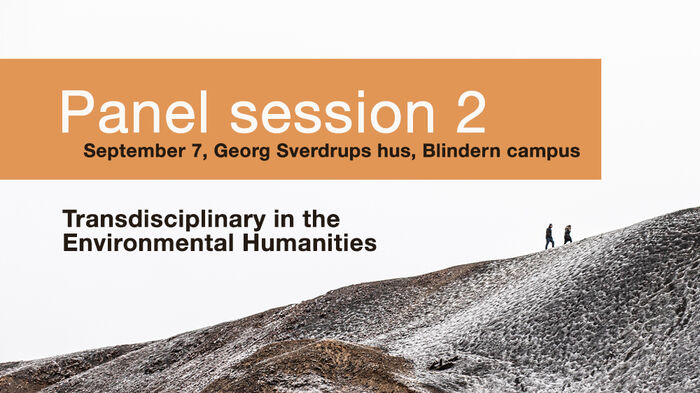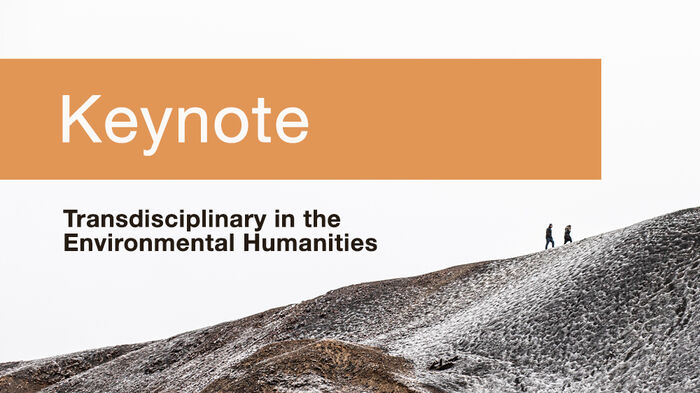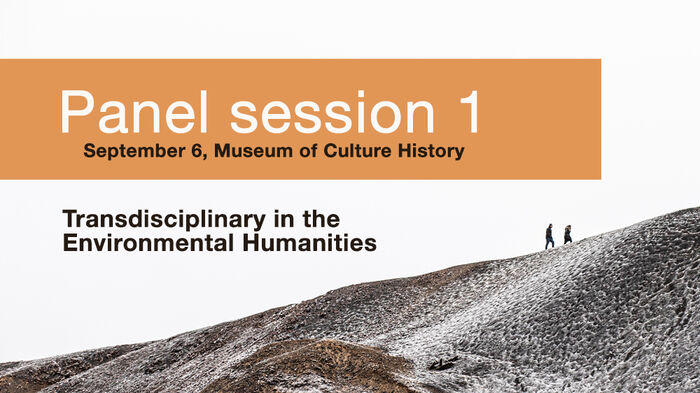Previous events - Page 2
In this Environmental Humanities Lecture, anthropologists Nayanika Mathur, Professor of Anthropology and South Asian Studies at the University of Oxford, and Radhika Govindrajan, Associate Professor of Anthropology and International Studies at the University of Washington, Seattle, present their research on human-animal relationships, climate change, and religious ecology in India. What form might the environmental humanities take if considered from the place of the Indian Himalaya?
Master Astrid Tvedte Kristoffersen at the Department of Archaeology, Conservation and History will defend her dissertation Rock and Heavy Metal: Mining and Metallurgy in Eastern Norway in the Middle Ages, AD 1030–1537 for the degree of philosophiae doctor (PhD).
This workshop, organized by the University of Tromsø – The Arctic University of Norway, will address the role of historians in debating and taking part in contested memorialization processes. The workshop includes a plenary lecture and a panel debate, as well as group work on marginalized groups in memorialization processes and the role of historians in confronting “contested pasts”. Participanting and completion of this workshop grants 1 ECTS.
Alexander Hartley (Harvard University) presents The copyright world system: Modernism, colonial copyright, and literary authorship. Daniel Raff (the Wharton School, University of Pennsylvania) presents Radical Agency and Business History.
Welcome to HEI's annual International Student Conference! This conference unites early career researchers in both formal and informal settings, providing a platform to explore the latest developments in the field of heritage studies.
The autumn 2023 Advanced Research Courses offered by the Norwegian Research School in History focus on conflicting and contested pasts, memory wars, and transnational history between states and regions in various parts of the globe, from Oceania and Eurasia to Europe and the USA. The course will take place on Zoom.
Join us for our final OSEH event where we explore issues of race, ethnicity, and gender, but also diverse ways of opening up environmental problems and possibilities in the academy and beyond. We are joined by acclaimed poet and nature writer Camille Dungy and prominent scholars in the environmental humanities, and there will be upcycled music, celebration and food.
The text development seminars are designed to be an integral part of the educational component, aimed at enhancing the writing skills of all candidates and ultimately producing high-quality dissertations.
Do you want to better understand the environmental and climatic crisis, work accross diciplines, experience Place-Based Learning and communicate environmental research to a broader audience?
Land holds an “ecological memory”, the patterns in the landscape that are maintained by creative fires. This seminar will discuss the importance and challenges of using fire to shape landscapes in Australia, Italy and Norway.
Register here!
The Department for Archaeology, Conservation and History (IAKH) cordially invites you to its first Digital Humanities Day, which will take place on 14 September 2023. This event will bring together a range of experts in the Digital Humanities to discuss the possibilities of using digital tools for historical research. Registration below.
These papers explore examples of environmental storytelling, and asks what environmental storytelling can do. How does such initiatives tap into our imaginaries, or offer re-imaginations?
This panel approaches interdisciplinarity from a broad range of perspectives, including environmental governance, climate politics, botanics, cybernetics, and science history. Are there commonalities in how we engage interdisciplinarity, and how do we consider its methodological challenges?
This panel will address long-term aspects of interactions between ecological and material foundations of societies, forms of biological and cultural coexistence, and the interdependence of people and the non-human world, specifically in the shores and oceans of the world, through the lens of the arts and the humanities, aiming at pluralizing and un-disciplining the established paradigms of marine science and conservation.
In this panel we ask, how to read science through fiction, and can such readings provide us a way to understand the relationship between literature and environment?
In this panel, six doctoral scholars from varied disciplines present their research and discuss how generating oceanic knowledge for action requires transdisciplinary engagement.
What are some of the potentials and pitfalls of transdisciplinary research? In this keynote lecture Kate Rigby will be drawing on her own more recent experience of the kinds of synergies, surprises and snags that might be encountered along the way, and the sorts of virtues that need to be cultivated to facilitate positive outcomes.
In this session, we invite participants working across environmental humanities and other disciplines to reflect on their experiences of ‘soiling’ different areas of research. What happens when soils are brought into the research arena as agential, as consequential? How can healthy soil become not only a metaphor but a driver for transdisciplinary action for social change?
How to write a high-quality PhD dissertation in history? In small groups, students present and discuss their own PhD writing with peers and faculty. This workshop is held in conjunction with the Norwegian History Days 2023.
Academics are looking for possible combinations of methodological interventions which could be helpful in devising solutions and strategies for survival and healing in the global environmental crisis. In this panel the researchers will share their paths towards combining, extending and shifting their research methods. Through the discussion, the presenters of the panel are looking for new methodological possibilities for facing the unknown known.
This panel brings together junior researchers working in different parts of the globe and on diverse maritime issues, with the aim to discuss new interactions and underappreciated entanglements between humans and non-human inhabitants of the ocean.
In this keynote by Dolly Jørgensen, she argues for the need to recognize and discuss three different types of transdisciplinary research in the humanities: the many, the one, and the collective.
This panel explores how transdisciplinary artistic practice, history and theory can contribute to the environmental humanities through aesthetic modes of visualization of planetary information. What is the visual art’s role and contribution to new perspectives for the environmental humanities?
What is an artistic intervention in environmental humanities? What can art offer as a site for exploration? In this panel, performative artists, museologists and film makers discuss uses of art, objects, and the making of an issue.
Plants co-shape the places in which they dwell, and the lives and desires of those dependent upon them. This panel discusses literary explorations of cultural, material, and spiritual human-plant relations in localities within Japan, Scandinavia, and Australia.
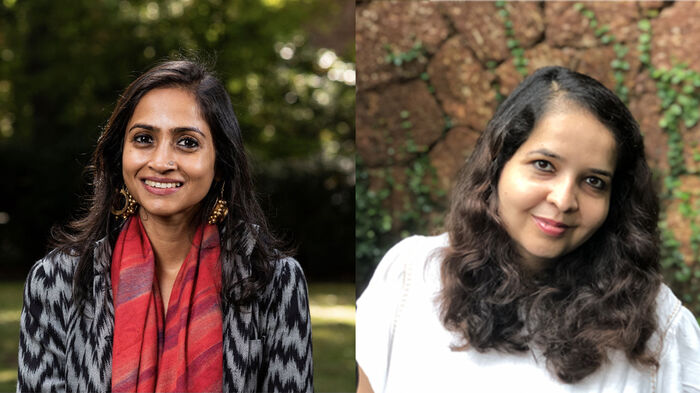
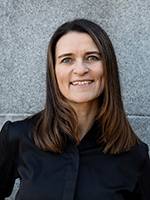
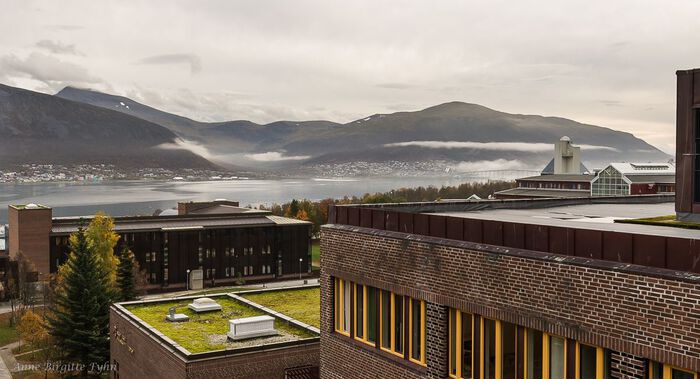
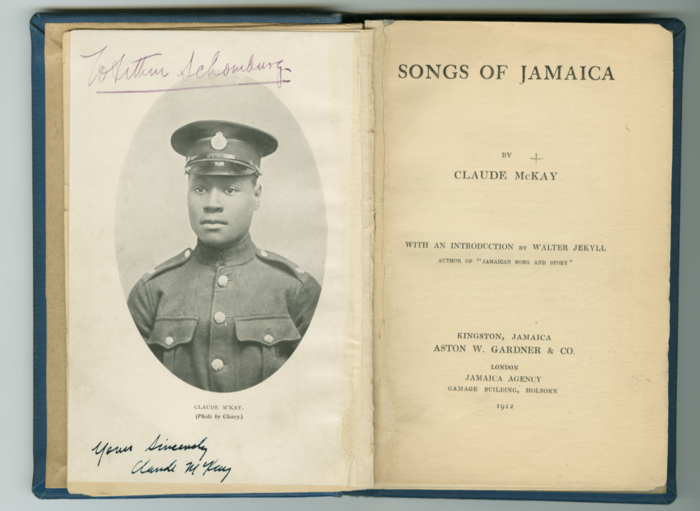
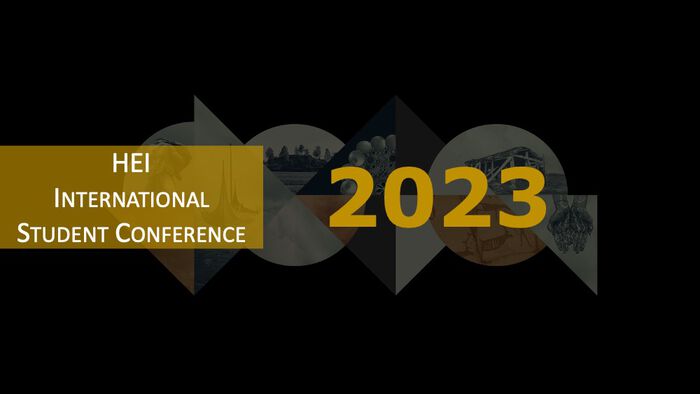
.jpg?alt=listing)
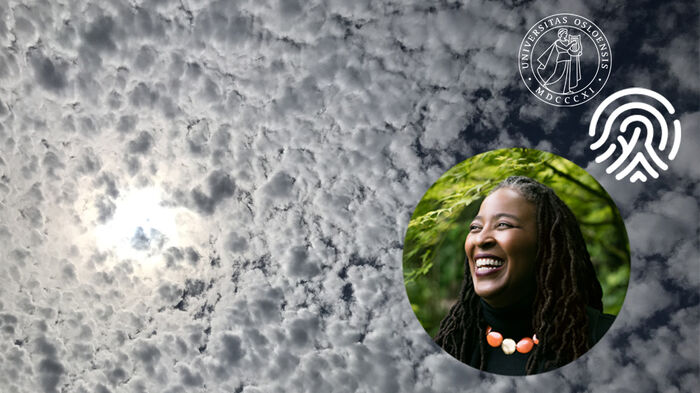

.png?alt=listing)

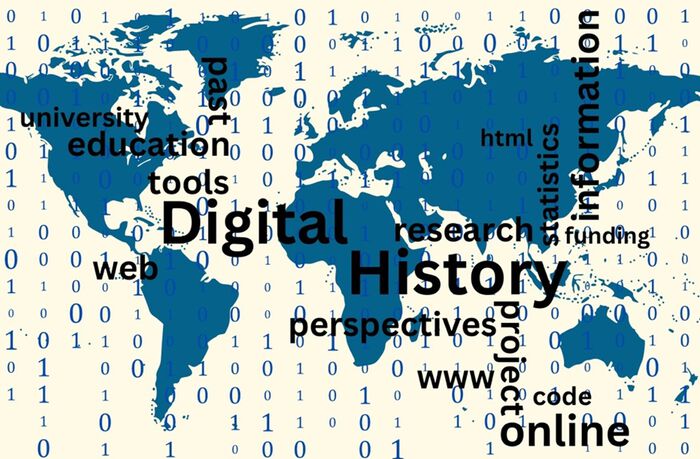
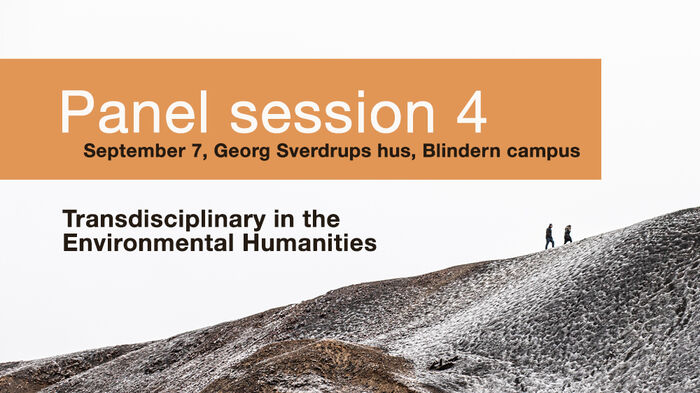
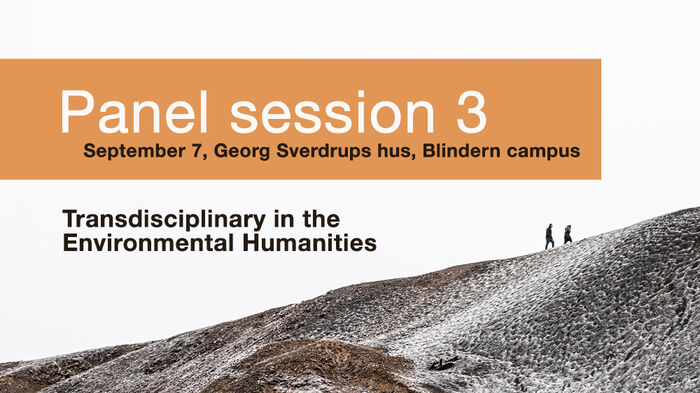
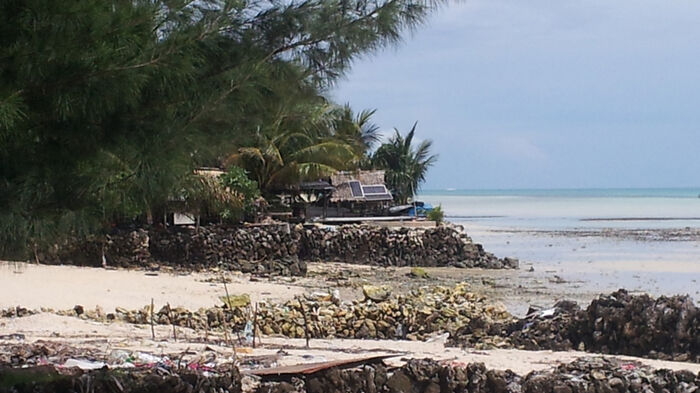
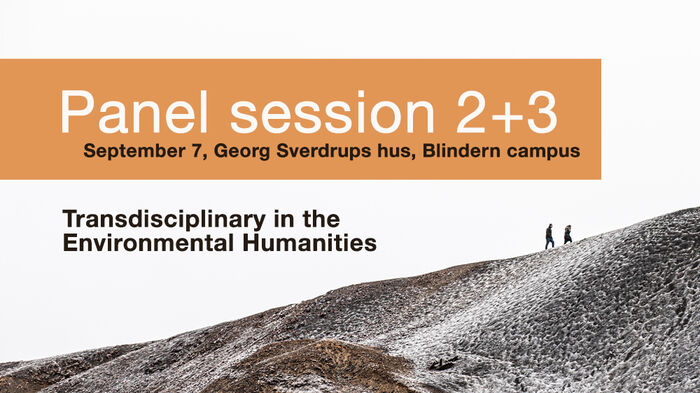
.jpg?alt=listing)
